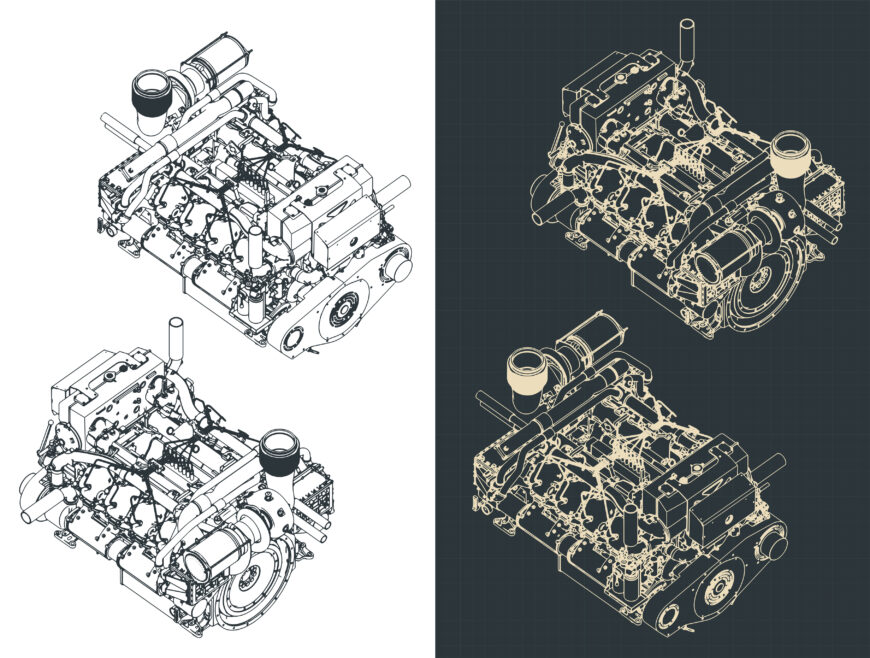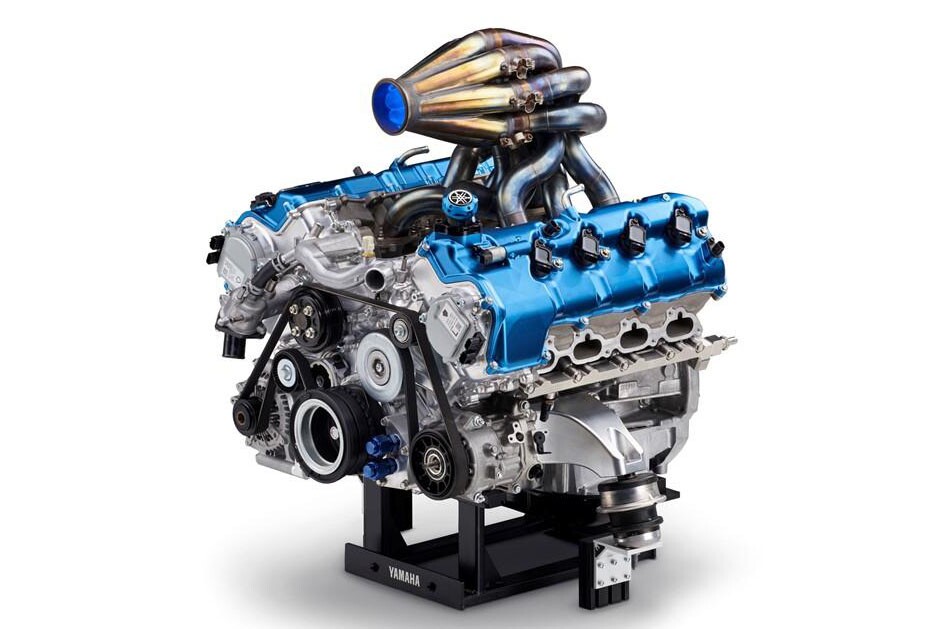Find Engines for Africa Easily at Our Practical Automobile Components Shop
Find Engines for Africa Easily at Our Practical Automobile Components Shop
Blog Article
The Quest for Ultimate Driving Power: Investigating the Pinnacle of Engine Efficiency and Technological Advancements in the Automotive Sector
In the realm of vehicle design, the search of optimum driving power has actually been a ruthless pursuit that has actually unravelled via the advancement of engine layout and the combination of cutting-edge technologies. From the precise craftsmanship of combustion engines to the rapid developments in electric propulsion systems, the automotive sector stands at the cusp of a new age identified by extraordinary efficiency abilities.
Development of Engine Design

In addition, the integration of turbocharging and turbo charging modern technologies has actually revolutionized engine style by boosting power without substantially increasing engine dimension. These forced induction systems press the intake air, permitting even more gas to be ignited, therefore generating higher power outcome from a smaller sized engine. This improvement has been specifically essential in boosting the efficiency of smaller variation engines while preserving gas efficiency standards.

Performance-Enhancing Fuel Technologies
The execution of sophisticated fuel innovations has dramatically added to enhancing engine performance in contemporary automobiles. From traditional fuel and diesel to ingenious biofuels, synthetic gas, and hydrogen, the automotive market is seeing a transformation in gas choices. Biofuels, stemmed from renewable sources like sugarcane, corn, or algae, offer minimized exhausts and improved engine effectiveness. Synthetic fuels, generated with chemical processes, offer high octane ratings, boosting power outcome. Hydrogen fuel cells, although still in the onset of fostering, show excellent assurance as a result of their zero-emission nature and capacity for high performance. Furthermore, fuel ingredients and detergents are being created to clean engine components, maximize combustion, and lower friction, consequently enhancing overall lorry performance. With recurring r & d, the mission for the utmost driving power continues, as designers strive to open the complete capacity of performance-enhancing gas innovations in the auto market.
Improvements in Electric Propulsion
Substantial strides in electrical propulsion technology have transformed the auto industry, leading the way for a new age of lasting and efficient transport. Electric vehicles (EVs) are obtaining popularity due to their environmental advantages and innovations in battery modern technology, allowing longer driving varieties and much shorter billing times. Manufacturers are investing heavily in r & d to enhance the performance of electric propulsion systems, concentrating on increasing power result, boosting power effectiveness, and reducing overall weight.
One significant innovation in electrical propulsion is the development of sophisticated electrical motors that provide higher torque and power thickness, resulting in improved velocity and general driving performance. In addition, regenerative braking systems have been improved to record and keep energy throughout slowdown, additional increasing the efficiency of EVs.
In addition, the combination of smart innovations, such as man-made intelligence and anticipating analytics, is enhancing the monitoring of discover this electric propulsion systems, guaranteeing optimum efficiency under various driving problems. These improvements in electric propulsion are improving the automobile landscape, driving the market towards an extra sustainable and energized future.
Impact of Computational Liquid Dynamics
With innovations in electric propulsion pushing the boundaries of auto innovation, the assimilation of Computational Fluid Visit Website Characteristics is playing a critical duty in optimizing wind resistant efficiency and boosting general efficiency in car layout. Computational Fluid Dynamics (CFD) includes making use of computer system simulations to evaluate the circulation of air around a lorry, allowing designers to forecast how layout changes will influence the rules of aerodynamics without the need for expensive physical models. By accurately modeling airflow patterns, CFD permits the improvement of lorry shapes to decrease drag, enhance air conditioning, and improve stability.
One key benefit of making use of CFD in car style is the capability to repeat swiftly, discovering numerous design variants to determine one of the most aerodynamically reliable options. This repetitive process leads to vehicles that are not only sleeker and much more visually attractive but also more fuel-efficient and eco-friendly. Moreover, CFD makes it possible for engineers to enhance air flow around parts such as radiators, engine bays, and wheel wells, adding to improved efficiency and overall driving experience. To conclude, the integration of Computational Fluid Characteristics represents a considerable advance in the mission for ultimate driving power and effectiveness in the auto sector.
Future Patterns in Engine Advancement
In the dynamic landscape of auto engineering, cutting-edge advancements are forming the future trajectory of engine development. The future of engine layout is marked by a solid emphasis on efficiency, sustainability, and efficiency. Producers basics are significantly concentrating on creating engines that not only supply high power outputs however likewise focus on environmental obligation by reducing discharges and boosting fuel performance.
One prominent pattern in engine innovation is the rise of electrification. Hybrid and electric powertrains are acquiring grip as viable options to conventional combustion engines. These innovations use the potential for significant reductions in carbon exhausts and increased energy effectiveness, straightening with international efforts to fight climate modification.
Moreover, developments in materials science and production strategies are enabling the production of lighter and more resilient engine elements. This change in the direction of light-weight products such as carbon fiber and light weight aluminum alloys contributes to improved performance and fuel economic climate.
Final Thought
Finally, the search of best driving power in the automobile market proceeds to drive innovations in engine layout, gas modern technologies, electrical propulsion, and computational fluid dynamics. The evolution of these technologies is shaping the future of engine innovation, paving the way for more reliable and effective automobiles (engines for africa). As the market continues to press the limits of what is feasible, we can expect to see even more innovative growths in the quest for peak efficiency
One of the essential turning points in engine design evolution is the change from typical carbureted engines to contemporary fuel-injected systems. By exactly metering the fuel distribution to each cyndrical tube, fuel-injected engines optimize combustion, resulting in far better efficiency and lowered environmental impact.
In addition, the integration of turbocharging and supercharging innovations has changed engine style by increasing power without significantly raising engine size (engines for africa).The implementation of advanced gas technologies has actually substantially contributed to improving engine performance in modern cars. Additionally, gas additives and detergents are being formulated to clean engine elements, enhance combustion, and decrease rubbing, thus increasing total vehicle performance
Report this page